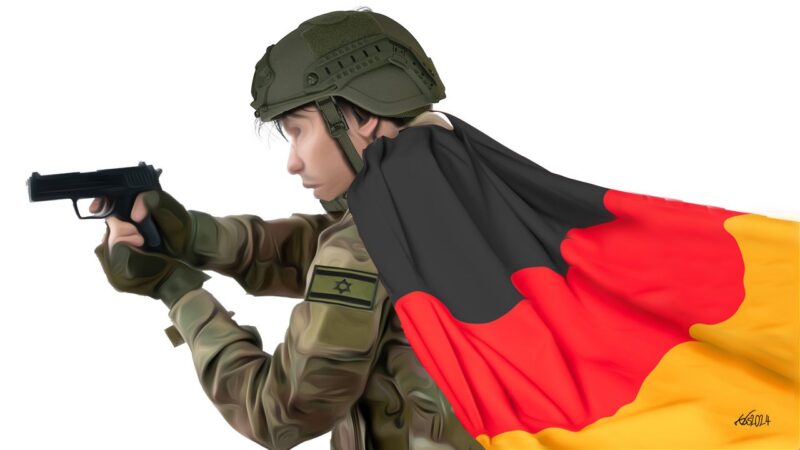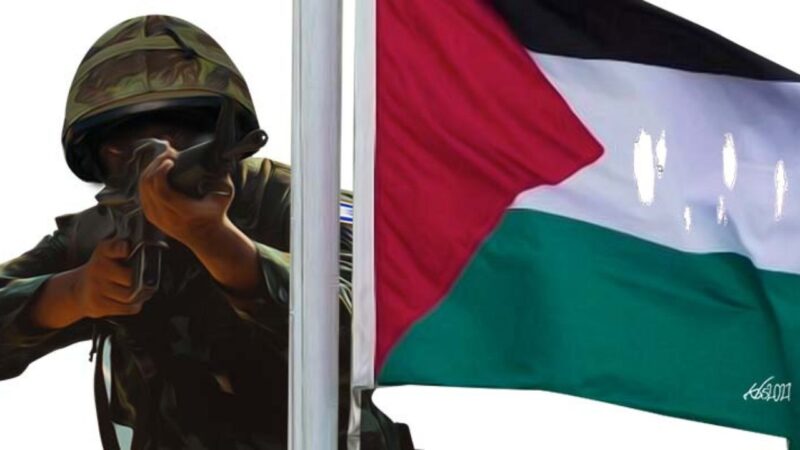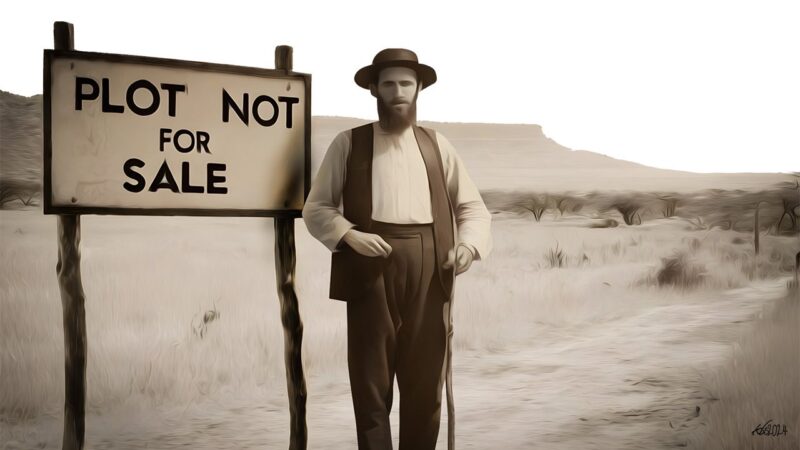In the year 2053, Kenya will be 90 years old, and I will be 80 and well into mzee territory. As a country, we will not have been a century old yet, and compared to older democracies, we will still be a young nation, and Africa will still be a young continent. If you are a Gen Zer and are reading this, you will be grappling with a mid-life crisis or celebrating having lived a half-century.
What will Kenya be like then? While contemplating this question, I turned back the clock to Kenya thirty years ago. I had just started my second year at Daystar and was enjoying the freedom of university life. Whitney Houston killed it on the charts that year with the single I Have Nothing. RnB was king, Freak Me by Silk was phenomenal, and Shai, SWV, Peabo Bryson, Tevin Campbell, Babyface, Brian McKnight, and Vanessa Williams were serenading us. We enjoyed these tunes through KBC or, occasionally, Metro FM, dubbed cassette tapes or Jam-A-Delic on KTN. At only 15 years old, Sally Barsosio became the youngest athlete in the world to win a medal at a major track event. Continentally, the Chipolopolo, Zambia’s first chance at winning a significant football title at that time, were killed in a plane crashed somewhere over what was called Zaire, now DR Congo.
Indulge me kidogo with the flashbacks. Back home, we saw the price of bread double from seven to 15 shillings, a beer cost 25 bob, a soda and a kilo of sugar retailed at 15 bob, and the US dollar traded at 66 shillings. Politically, the country was still grappling with “tribal” violence in the Rift Valley. Musalia Mudavadi was the almost-new Finance Minister. Ruto was 27 years old, Raila was 48, and Jaramogi was still alive. Words like majimboism started being thrown around politically, and the revival of GEMA (Gikuyu, Embu and Meru Association) was being touted. Nyayoism – rather than Moi – reigned supreme, and KANU was indomitable, or so we thought. Internationally, American singer Prince had changed his name to a symbol (some folks believe pronouns are confusing), Bill Clinton had become president, and Manchester United were declared the first champions of the new FA Premier League. I confess I am a bit of a history buff who also likes lists.
So, what would 2053 look like? I imagine we’ll have moved on to the next thing after AI, and I firmly believe there will be a different world order, and new nations will have been birthed. Will the concept of nationhood as we know it now still exist? Female political leaders will be so kawa, and we will see leaders come from regions and groups currently marginalised or ostracised. There will be many more cures to the many illnesses that plague us, and either the AU will have finally gotten teeth and become self-sustaining – or will have died.
Here on the continent and globally, we will live in a fairer, more humane, just, diverse, inclusive, and greener world. I say this with a lot of conviction because that is the current language of the Gen Zers who will be in leadership in 2053. It is a world being formed now. To quote the South African speaker and author Vusi Thembekwayo, “Africans don’t have the luxury of waiting. The future is now.” We have waited for far too long, and thanks to a more globalised and accessible world, thanks to tech and the internet, it is evident that another world is possible for our country and the continent.
Maybe it’s an age thing but over the last few years I’ve had the niggling feeling that I would like to work with the youth once again. Back in my church-going days, I enjoyed working with young people. In my books, the youth are between 18 and 24. How is someone five years shy of 40 still classified as a youth? What do they have in common with someone who is 18? I digress. I like listening in on their conversation, knowing what they worry about and dream about, and constantly want to know what they want of my generation. I find that they want to know our thoughts or receive guidance, but they also want to be seen and be heard by us, the Gen Xers, just as we wanted to be heard by the Baby Boomers. Let’s not forget that we, too, were misunderstood and jabbed with the phrase, “Hawa watato wa siku hizi” – these children of today.
Gen Zers and the younger millennials want a place at the table and know they don’t have to have earned it like we were made to believe. Our parents told us and made us think that a degree, a marriage and children, a steady job that leads to a loan facility and a pension, and then grandkids, earned you a place at the table. I remember landing a job with a pension, yet I didn’t even understand the significance of a pension. They are a generation who know another now is possible and are not afraid to challenge the gatekeepers’ hubris and outdated systems.
Furthermore, this younger generation is adamant about breaking generational trauma and dismissing our forbearance. Yet my generation seems hinged to our traumas and PTSD experiences, describing them as resilience. We live in a world where affirmation and validation are the norm, not perceived as mollycoddling. Where personal growth, ambition, rest and well-being are commended, binaries are fluid, and grey areas offer room for discovery and dialogue.
If we, who are more seasoned, listen, learn, and unlearn a little more, our ways and our voices will make it into the younger generation’s lives without facing hostility and derision. Furthermore, we, too, should apply affirmation and validation to our own lives and deal with our own traumatic experiences. How else do we close the generational gap? We have an opportunity to show that youth is fleeting but should be enjoyed, that growing older is a gift and is dynamic and fun, that there is no shame in the mistakes that may have taught us lessons.
Revolutionary philosopher Franz Fanon said, “Each generation must, out of relative obscurity, discover its mission, fulfil it or betray it.” My addendum to Fanon’s statement is that each generation needs to find its song. And it is only fair to let the various composers of the song of this time find their tune. Words like respect, inclusivity, equity, fluidity, decolonisation, representation, collaboration, wholesomeness, eco, journey, spirituality, safety, sustainability and vibes are already nestled in the consciousness of the young composers. And I’ve realised that for them it doesn’t matter how you are physically abled or how you choose to present yourself to the world.
From where I stand, a world of Utu, Ubuntu and Namaste that recognises our humanness is possible.
As a child of Mama Afrika, we are witnessing the birth of an identity that transcends the boundaries of the Berlin Conference and the confines of Kenyatta’s, Nkurmah’s and Du Bois’ Pan-Africanism. It is not political. It encompasses the African identity and its plethora of heritages, creativity, spirituality, old knowledge and the recognition of Africa’s richness and formidableness before the advent of the coloniser, the Bible and the gun. Gen Zers are asking questions about who we were and what our ways were before colonisers made us believe that our songs and our composers didn’t matter.
This new global Africanism is giving the world names to celebrate our continent and the ancestors who carried those names. These names have been mainstreamed and have opened doors for more names from the continent, allowing for even greater dreams to be imagined. We are getting used to hearing accolades and applause for names like Adut, Mutu, Ny’ongo, Enninful, Chioma, Ncuti, Drissi, Kidjo, Biyomba, Kaluuya, Kéré, Ta Lou, Kingori, and Simbini.
Non-white histories are being unearthed, offering a more truthful, contextual and unapologetic perspective to the yesterworld. Marginalised cultures celebrate themselves, tell their stories, and sing their songs. Our continent is far from flawless; however, we recognise the imperfect and often unequal environments within which we exist. Yet, there is a generation that is still pushing for change and constantly bypassing systems and thoughts that are colonial and patriarchal.
Fortunately, for them, that different world is already here. When I was younger, the phrase, “The youth are the leaders of tomorrow” was tossed around, feeding nascent dreams. I believed it. However, no one told us when that tomorrow would come and those who chorused the phrase never gave us the opportunity to try out our type of tomorrow. So, we found ourselves slowly mirroring their ways, their fears, their inhibitions. This younger generation is looking at us and doesn’t want the tomorrow that we are offering them; they are challenging and questioning our ways, making us feel uncomfortable in our seats. This is why I think it is high time we reclassify how we define youth on the continent. Generation Z and the younger millennials don’t want to use only our tools; they want to use theirs and reimagine our world and their world because they know and see how we are botching things up. And those who are smart see the value of our experience, knowledge, wisdom and heritage.
Safety is a crucial aspect of their lives, and they navigate to and curate spaces of safety that will enable them to thrive. Within the LGBTQI community, many of us have two sets of families. There is the one that involves blood relations (nuclear and extended), and then there are those who have your back, and see you and love you unconditionally in the way you choose to present yourself. These chosen families are a reflection of one’s true self. Yet even within those chosen families, there are dynamics to be dealt with, but love, respect, and freedom are tenets that are upheld. Safety.
The younger generations are conscious of their demand for a world where their safety is considered, and within that world, they want to live, believe, create and thrive. They are open to discussing new ways of defining wealth, leadership, love, family, marriage, democracy, gender and spirituality. Sadly, the political environment on the continent does not offer the opportunity, which translates into unstable and unpredictable socio-economic conditions. How can you feel safe when you don’t see yourself or others like you in positions of leadership and authority? When you are constantly told you aren’t ready to take on the mantle? When no one is imparting the skills needed or building you up to believe that you can take on the mantle?
Another world is possible for this continent, and it will only come about when generations talk to each other, listen to each other, and see one another. I have nieces and nephews (blood relations and adopted ones) and younger members of the queer community who inspire me to dream because they give me new eyes with which to view the world. They, in turn, see me and how I have shared my journey with its twists and turns, and we have come to an intersection where we can break kola together. We can reimagine new worlds together because we can reimagine ourselves.








